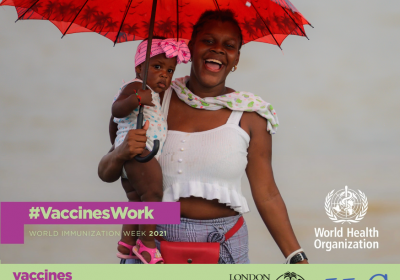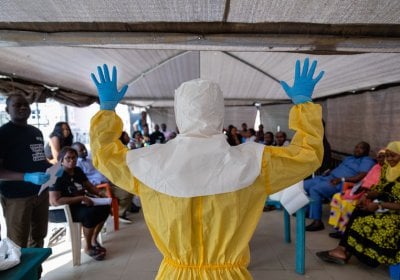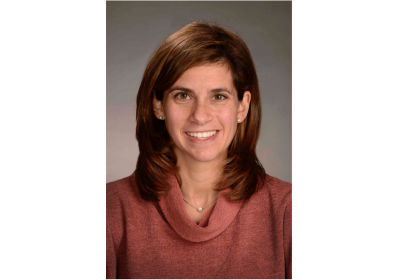Good in a crisis? The role of evidence and innovation as the Intensive Care Unit responded to COVID-19
LSHTM's Faculty of Public Health and Policy seminar series
In this seminar, Annette will talk about some of the examples of innovation identified in the Intensive Care Unit (ICU) during the crisis and Annelieke will share insights from interviews with COVID-19 patients who were admitted to Intensive Care.
Annette Boaz has spent more than 20 years researching evidence use in policy and practice. During the COVID-19 crisis, she undertook a small prospective research study of the use of research in innovation and improvement in partnership with clinical colleagues in an ICU in London.
Annelieke Driessen has conducted various ethnographies on care practices in institutional settings, with the latest study focusing on the narratives of COVID-19 patients who have spent time in ICU, and their family members, and how these may contribute to health service improvement.
Annette and Annelieke will discuss their shared observations of how, in the face of an ongoing crisis (and the absence of family members in the hospital), the patient voice seems easily lost. Whilst this sometimes meant that teams reverted to defining good through the eyes of clinicians and policymakers, this talk surfaces some attempts at bringing the ‘good’ about in the midst of the COVID-19 pandemic. More work needs to be done to ensure that patient and carer voices are heard in the process of innovation and improvement, and that this happens both in routine care and in a crisis.
Chair
Ellen Nolte is Professor of Health Services and Systems Research (HSRP) and current head of department. Ellen Nolte has a PhD from London University and a Master’s degree in public health (MPH), her expertise is in health systems research, international health care comparisons and performance assessment. She has an internationally recognised research portfolio around innovative service models that seek to better meet the needs of people with complex and long-term health problems, with a particular focus on care coordination and integration within and across sectors. She is co-Editor-in-Chief of the Journal of Health Services Research & Policy.
Speakers
Annette Boaz has joined LSHTM from the Faculty of Health, Social Care and Education at Kingston University and St George’s, University of London, where she was a Professor of Health and Social Care Research. She has more than 25 years of experience in supporting the use of evidence across a range of policy domains. She was part of one of the largest UK investments in the evidence use landscape, the ESRC Centre for Evidence Based Policy and Practice and has undertaken an international leadership role in promoting the use of evidence. She is a Founding Editor of the first international journal in the field and has recently published a new book on evidence use ‘What Works Now’. With Kathyrn Oliver, Annette leads Transforming Evidence, an international initiative designed to strengthen the use of research evidence in policy and practice. She has a particular research interest in stakeholder involvement, the role of partnerships in promoting research use and implementation science. She is currently working in the UK Government Office for Science supporting academic engagement with government research priorities. Annette is a fellow of the Academy of Social Sciences and a member of the WHO European Advisory Committee on Health Research.
Annelieke Driessen is a medical anthropologist interested in care practices and patient knowledge. She has previously conducted ethnographic work on how in dementia care in institutional settings in the Netherlands a good life is brought about. In her post-doctoral work, Annelieke worked with Simon Cohn and Erica Borgstrom on a project highlighting not-intervening as a practice of care in end-of-life care in the UK. Annelieke is currently conducting interviews for her fellowship study “Learning for improvement from COVID-19 intensive care patient experiences”. The study is a collaboration between the University of Oxford, The Healthcare Improvement Studies Institute (THIS Institute) and LSHTM.
- Please note that the time listed is British Summer Time (BST)
- Please note that the recording link will be listed on this page when available
LSHTM's response to COVID-19
LSHTM experts are involved in many different aspects of COVID-19 research as well as providing guidance to those responding around the globe every day. Find out about our latest research, news, events and free online courses on the outbreak.
Subscribe to our new LSHTM Viral podcast to hear the latest science behind the coronavirus outbreak and the global response to COVID-19. You can listen to LSHTM Viral wherever you get your podcasts: Anchor, Apple Podcasts, Breaker, Castbox, Google Podcasts, Overcast, Pocket Casts, RadioPublic, Spotify, Stitcher.
There cannot be any complacency as to the need for global action. With your help, we can plug critical gaps in the understanding of COVID-19. This will support global response efforts and help to save lives around the world. Support LSHTM's COVID-19 Response Fund.
Admission
Contact




